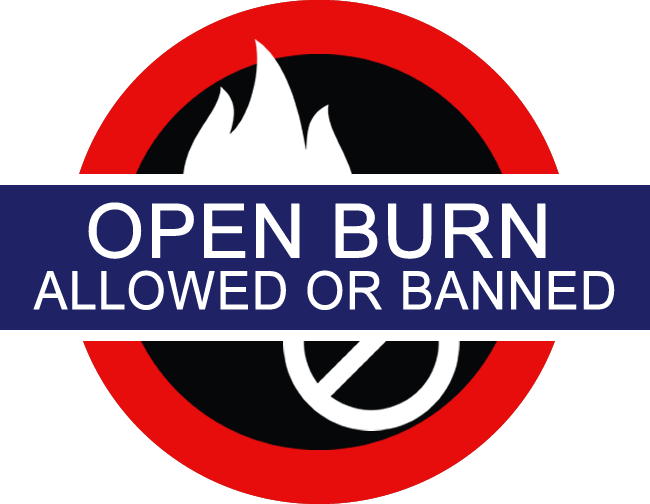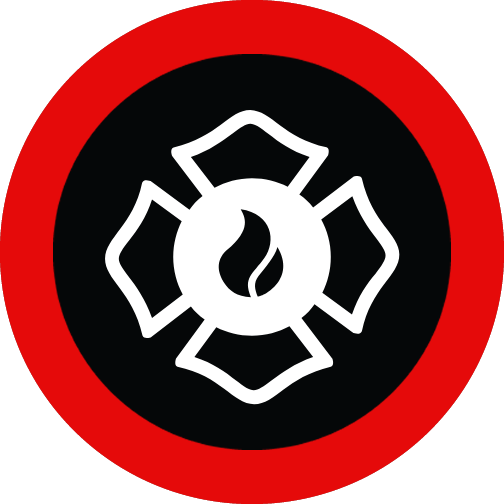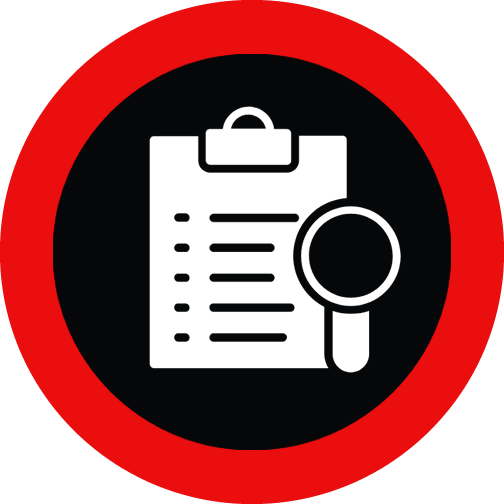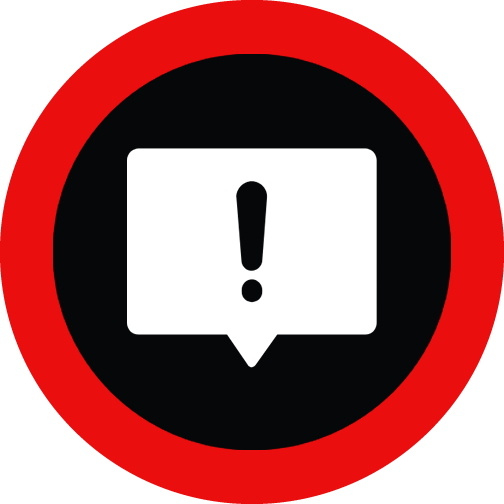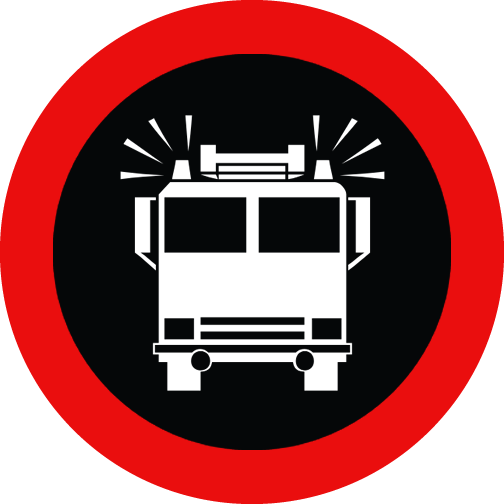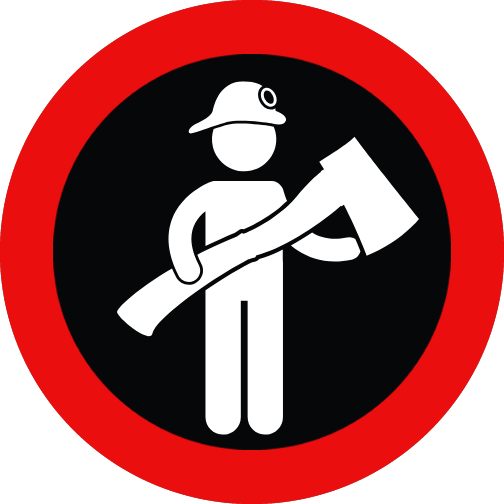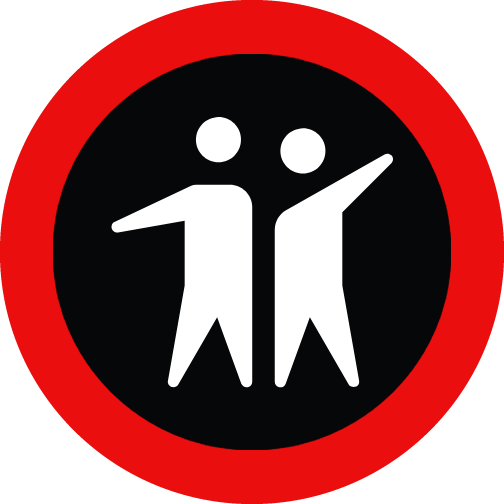Open Burning
Open burning is the burning of unwanted materials such as paper, trees, brush, leaves, grass, and other debris, where smoke and other emissions are released directly into the air without passing through a chimney or stack. It also includes using incineration devices that do not control combustion air to maintain an adequate temperature and do not provide sufficient residence time for complete combustion. Open burning pollutes the air and poses a fire hazard. The air pollution created can irritate eyes and lungs, obscure visibility, soil nearby surfaces, create annoying odors, and is a threat to those with respiratory conditions.
At the state level, open burning is regulated under Parts 55, 115, and 515 of The Natural Resources and Environmental Protection Act, Public Act 451 of 1994, as amended (Act 451), and associated administrative rules. There are two state agencies responsible for administering these open burning regulations: The Department of Environmental Quality (DEQ) and the Department of Natural Resources (DNR); however, these regulations may be enforced by local units of government.
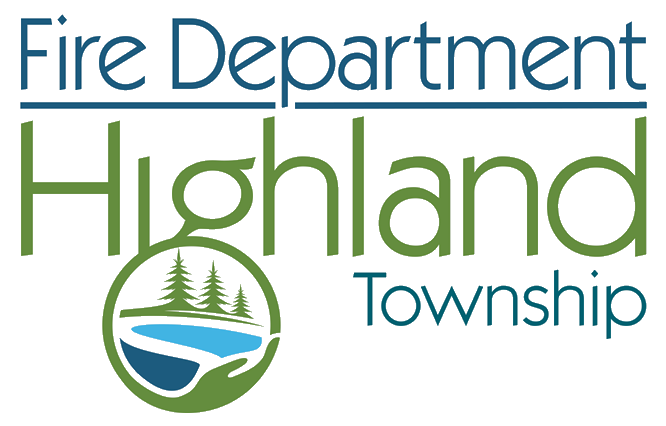

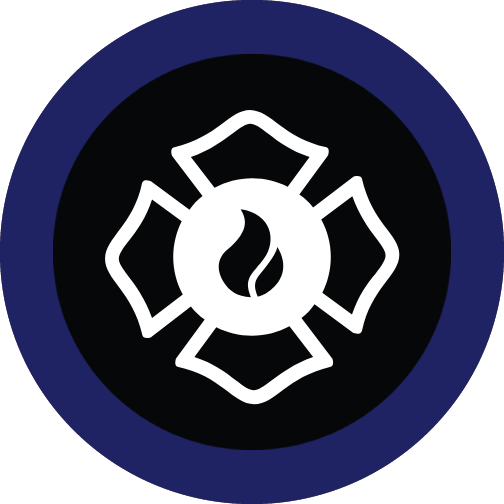 Administration
Administration

